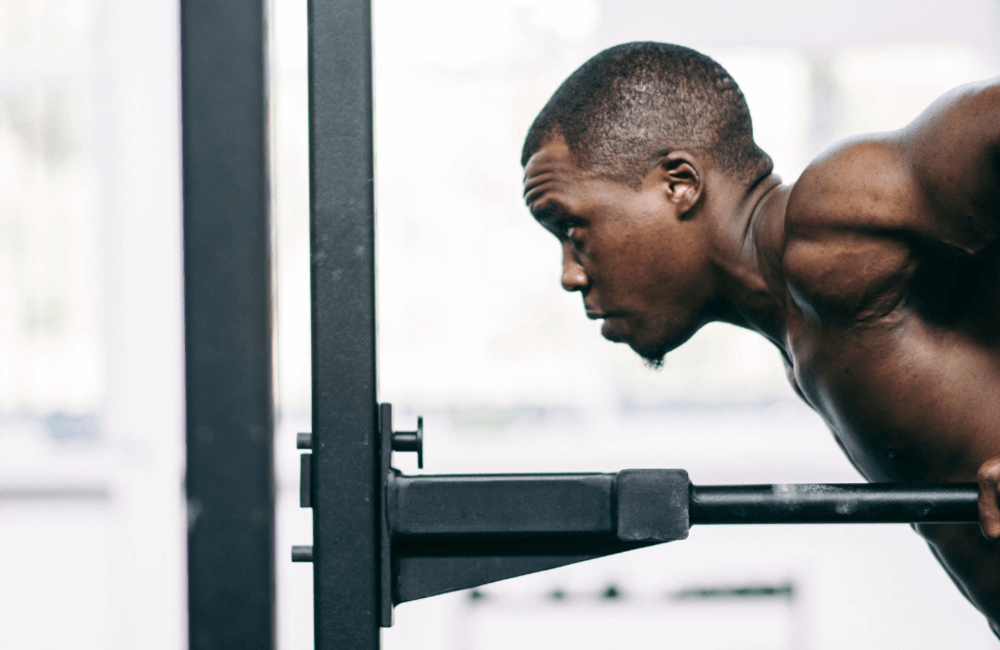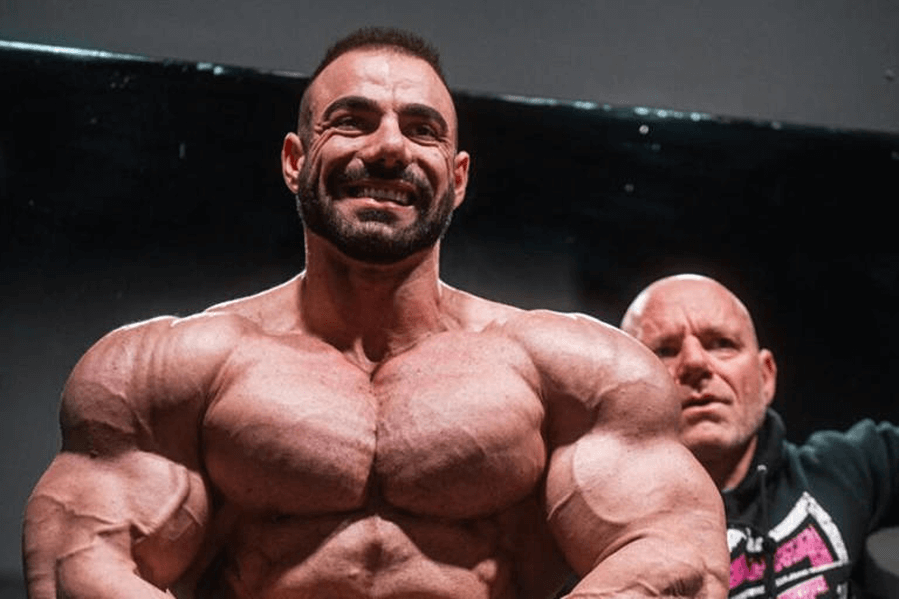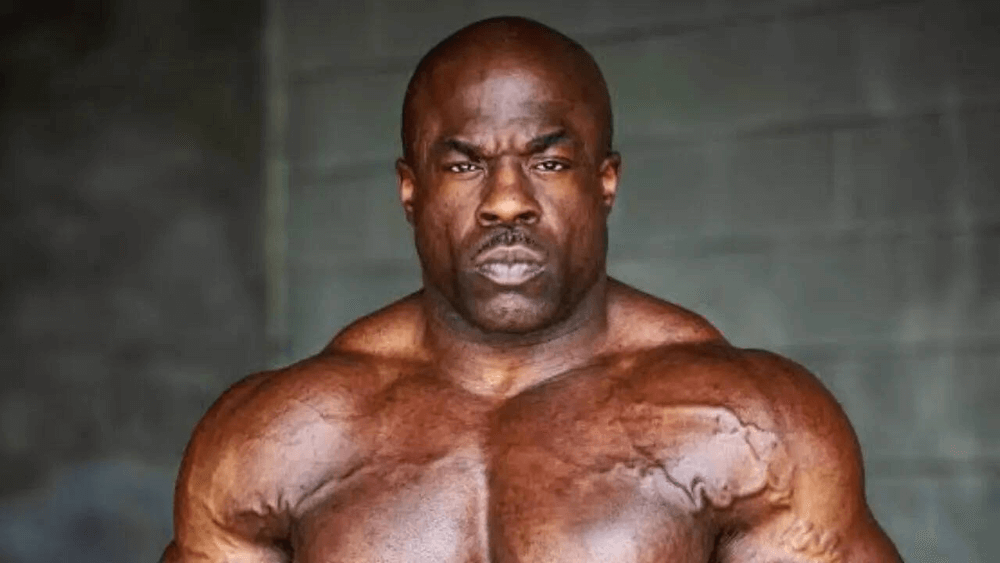Table of Contents
In a surprising turn of events, Marlette Chantell Le-Feuvre, a 31-year-old paramedic and competitive bodybuilder, was almost sentenced for steroids and avoided jail time along with a criminal record despite pleading guilty to multiple drug possession charges. The Southport Magistrates Court handed down the sentence on Wednesday, which includes 150 hours of community service but no jail time.
Background
Marlette Le-Feuvre’s journey is an intriguing blend of two distinct yet intersecting worlds: the demanding realm of paramedicine and the competitive arena of bodybuilding. As a paramedic, Le-Feuvre dedicated herself to serving her community, providing vital medical assistance in times of crisis. Her commitment to saving lives and ensuring the well-being of others was commendable, and she earned respect within the field.
Simultaneously, Le-Feuvre pursued her passion for bodybuilding with equal fervor. She immersed herself in the rigorous training regimens and disciplined lifestyle required to excel in the sport. She achieved notable success through determination and hard work, perhaps even earning accolades and recognition within the bodybuilding community.
However, the intersection of these two worlds took a dramatic turn when Le-Feuvre, a paramedic bodybuilder sentenced for steroids, became embroiled in a controversy surrounding a significant haul of the banned substances. The discovery of substances tarnished her reputation, raising doubts about integrity in paramedicine and bodybuilding.
Despite the achievements and contributions she made in both professions, Le-Feuvre’s involvement in the steroid scandal tarnished her image and raised concerns about the ethical implications of her actions. The revelation of her participation in illegal steroid trafficking undoubtedly had far-reaching consequences, for her personal and professional life along with for the communities she served and represented.
What Happened?
Le-Feuvre was arrested following a raid at her Maudsland home, where police discovered a vial of the stimulant clenbuterol, syringes, MDMA, and multiple containers of steroid pills in her bedroom. Additionally, officers found a vial of adrenaline in her kitchen, which Le-Feuvre explained was inadvertently brought home from her shift as a paramedic.
Court addressed 6.5g cocaine and small MDMA amount, attributed to her then-partner. The magistrate confirmed Le-Feuvre’s non-intentional use of these substances.
Defense attorney Jaimee-Lee Jessop argued that her client resorted to bodybuilding as a coping mechanism amid personal upheavals, including the end of a long-term relationship and the death of a close friend. These factors, Jessop suggested, contributed to Le-Feuvre’s lapse in judgment.
Acting magistrate Sarah Thompson pointed out the serious professional repercussions Le-Feuvre faces, including potential disciplinary actions from her employer, the Queensland Ambulance Service. “It was a risk you took knowing the potential consequences if detected – that your profession would be in jeopardy,” Thompson remarked.
The magistrate also noted the adverse impact of the court proceedings and media coverage on Le-Feuvre’s mental health, acknowledging her embarrassment and the additional scrutiny due to her public profile as an influencer and bodybuilder. Since the incident, Le-Feuvre has ceased substance use and severed ties with negative influences in her life.
While the Health Practitioner Regulation Agency now determines Le-Feuvre’s career future, the magistrate chose not to record a conviction, citing her career uncertainty and her potential to compete internationally as influential factors.
The Result
Le-Feuvre was suspended by the Queensland Ambulance Service shortly after her arrest, with additional restrictions placed on her registration. She declined to comment on the verdict.
The case underscores the complex interplay between personal crises and professional responsibilities, particularly for those in the public eye.
The case of Marlette Chantell Le-Feuvre raises significant concerns about public trust and safety regarding healthcare professionals who face criminal charges. Public servants, especially those in critical roles like paramedics, are held to high standards of conduct on and off duty. This case could prompt discussions about the need for rigorous oversight and ongoing support systems for healthcare professionals, ensuring they remain fit to serve communities without compromising patient safety.
Impact
- Career Fallout: Marlette Le-Feuvre risks losing her paramedic license due to her involvement in illegal activities. The scandal has tarnished her reputation within the paramedic community, potentially impacting her ability to find employment or advance in her career.
- Bodybuilding Ban: Le-Feuvre may face suspension from bodybuilding competitions and organizations due to her association with steroid trafficking. This could result in losing credibility within the bodybuilding community and hinder her future sports participation.
- Community Trust: The revelation of Le-Feuvre’s actions has eroded trust in paramedic services, as the public may question the integrity and ethics of those entrusted with their medical care. This could lead to losing confidence in emergency medical services and impact the community’s perception of paramedics as trusted professionals.
- Professional Integrity: Le-Feuvre’s involvement in illegal activities raises serious concerns about professional integrity within the paramedic and bodybuilding professions. Her actions undermine the ethical standards expected of individuals in these roles and may have broader implications for the reputation of both professions.
- Legal Consequences: In addition to the professional repercussions, Le-Feuvre may face legal consequences for her involvement in steroid trafficking. This could include fines, legal fees, and a criminal record, which may affect her future career prospects and personal life.
Case Highlights
Le-Feuvre’s case also highlights the increasing consideration of mental health issues in legal settings. The court noted the psychological impact on Le-Feuvre, exacerbated by media exposure and professional uncertainty. This approach reflects a broader judicial awareness of mental health as a mitigating factor in criminal responsibility and sentencing. It underscores the importance of providing mental health support to individuals within the judicial system, recognizing how personal crises can precipitate or exacerbate legal issues.
For healthcare professionals, criminal charges, regardless of the court’s final verdict, often trigger a series of regulatory reviews that can have long-lasting career implications. The Health Practitioner Regulation Agency plays a crucial role in such cases, balancing the individual’s right to rehabilitation and the paramount need to protect public health. This case may serve as a reference for similar future cases, where regulatory bodies must decide how to treat professionals who have engaged in criminal activities but are also seeking redemption and reintegration into their field.
The media’s role in shaping public perception of cases involving public figures, such as Le-Feuvre, is significant. The additional scrutiny placed on individuals with a public presence, whether through social media or professional achievements, can influence legal outcomes and public opinion. This raises questions about the fairness and impact of media coverage on personal recovery and legal justice, especially when the individuals involved are undergoing judicial processes.
What’s Ahead?
The next steps for Le-Feuvre after being a paramedic bodybuilder sentenced for steroids involve navigating the repercussions of her actions on her professional and personal life. For individuals in her position, rebuilding a career may include engaging in extensive rehabilitation programs, ongoing mental health support, and public acts of restitution, such as community service. These steps not only aid in personal recovery but also help to restore public confidence in their professional capabilities and character.







